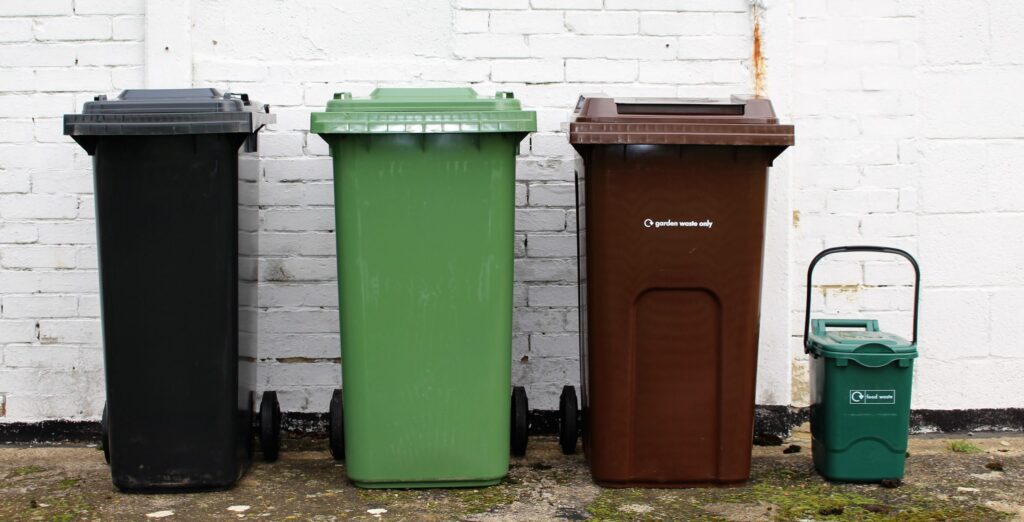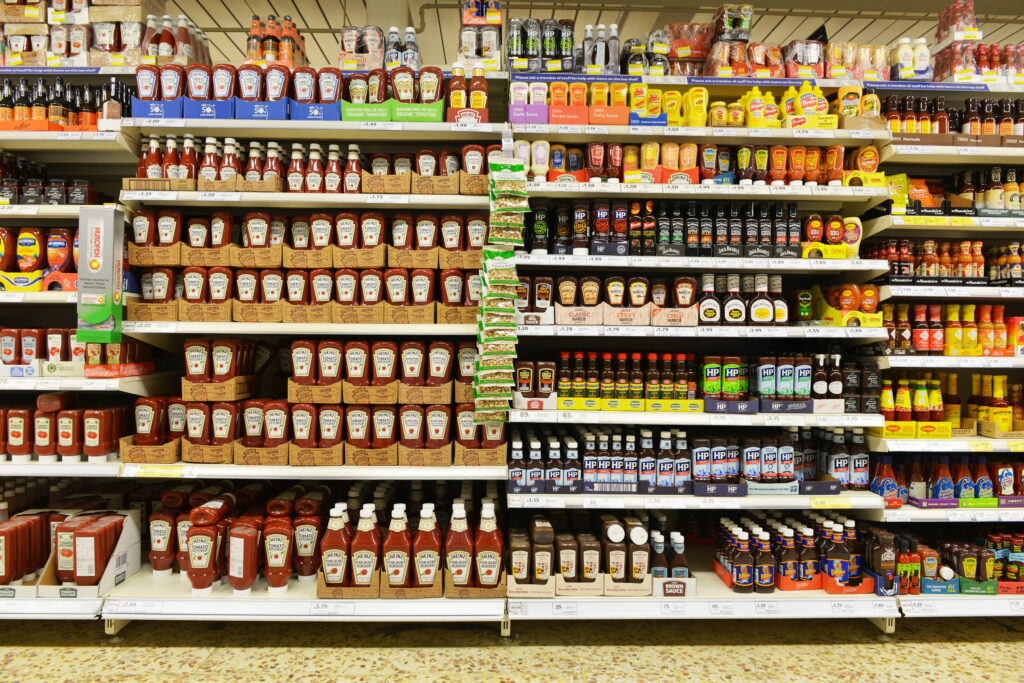The social norm intervention – also known as a behavioural intervention – would provide information to households on both the weight of their waste and that of their neighbours.
In ‘Norm-based feedback on household waste: Large-scale field experiments in two Swedish municipalities’, researchers Claes Ek and Magnus Söderberg compared the feedback to that given to households regarding home energy usage.
The intervention would require the implementation of a system that would allow local councils to weigh the waste bins of individual households.
Methodology and results
The researchers conducted two large-scale randomised controlled trials in the Swedish municipalities of Varberg and Partilleto to test the efficacy of social norm feedback.
They found that waste reductions ranged from 7% to 12% and were largely due to an increase in packaging recycling. One-third or more of the immediate reduction remained one year after the feedback ended.
In terms of cost, the total operation was €4.57 per household if issued monthly – with quarterly feedback cost €1.52 per household.
Limitations to the study
The research could only be conducted in single dwellings – therefore accurate household-level feedback could not be applied to blocks of flats.
Unlike smart meters for home energy, the study points out that there is no built-in measurement system for waste management. It proposes that a potential solution could be the use of household-specific waste bags which are then monitored to provide feedback – although the potential for this seems limited.
There are also questions around whether the research could translate to a UK-context.
Similarly to the UK, waste management is devolved in Sweden and handled by individual municipalities. Most municipalities opt for kerbside collection, with the majority also utilising 5000 “recycling stations” where householders drop off packaging and paper waste which are subject to extended producer responsibility regulations.
Sweden derives its recycling targets from the EU Waste Framework Directive which requires members states to recycle 55% of municipal waste by 2025.
In 2022/23, 43.3% of waste collected from households by local authorities in the UK was sent for recycling.










Subscribe for free